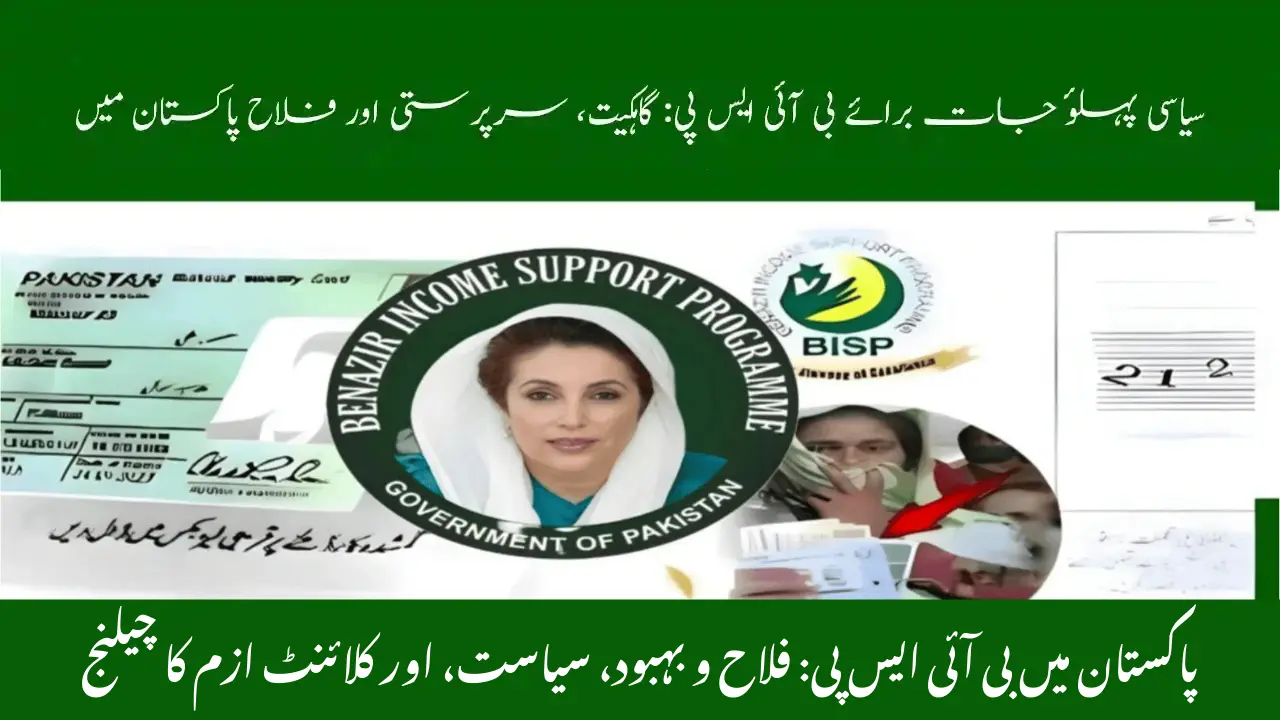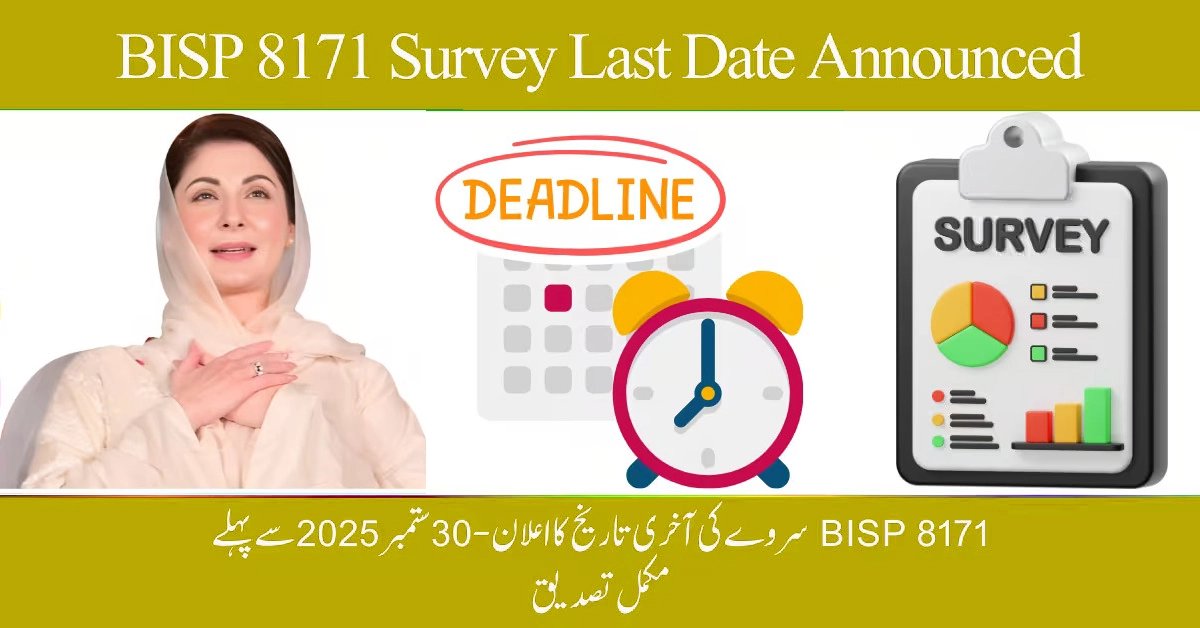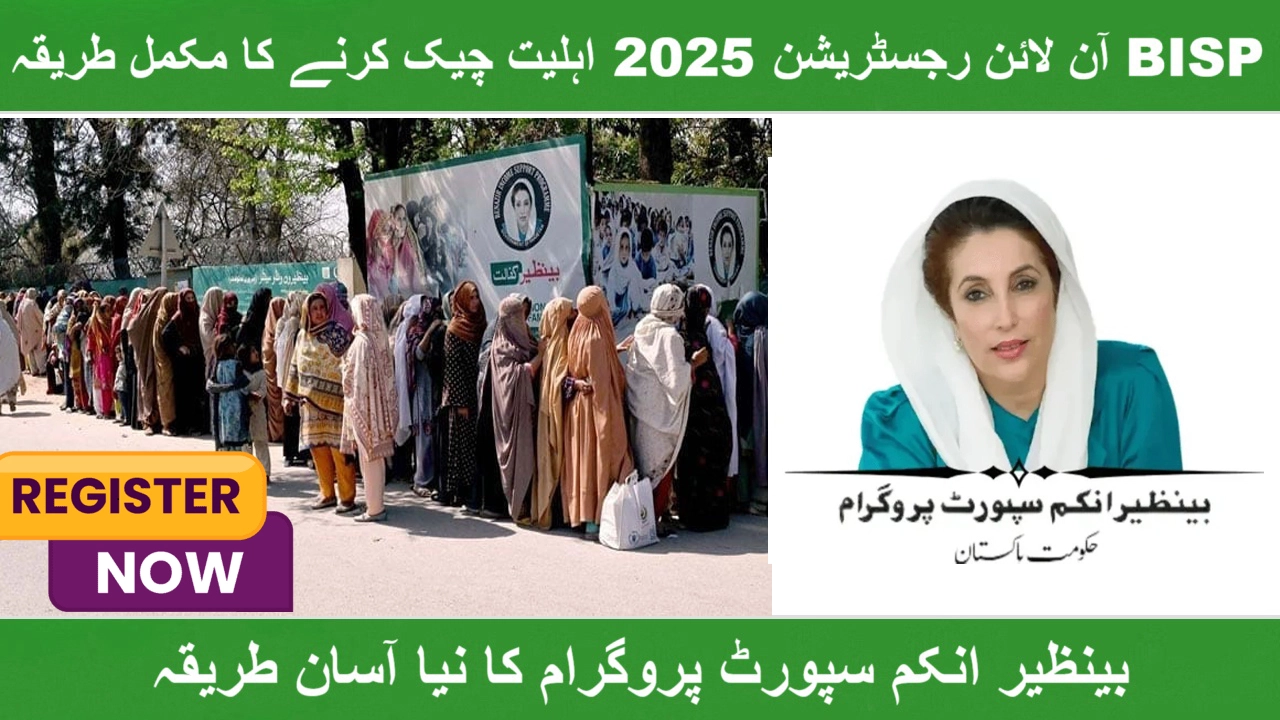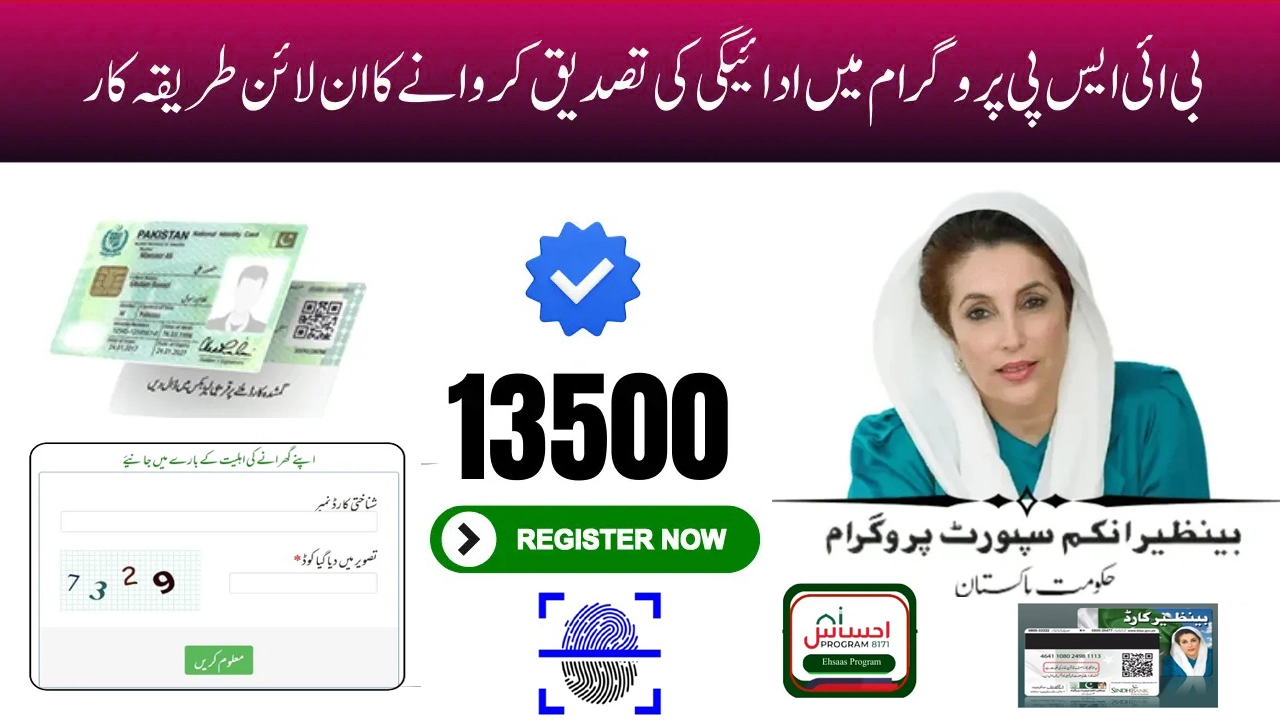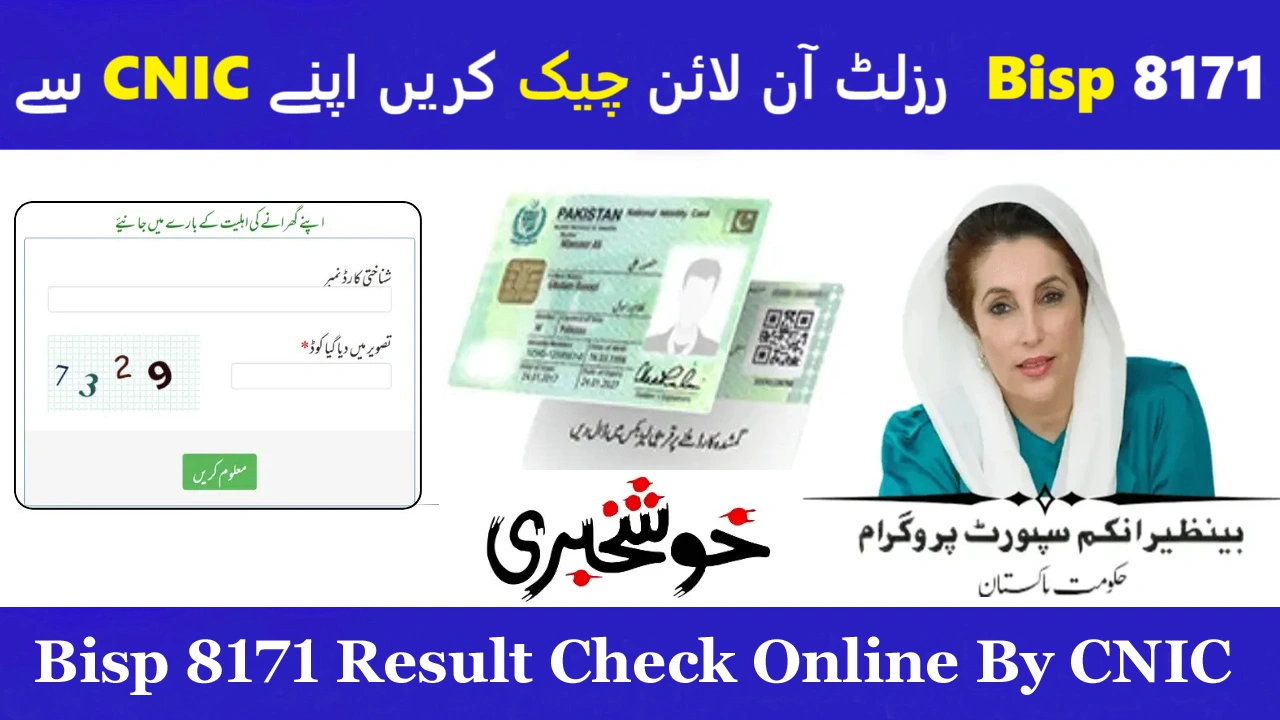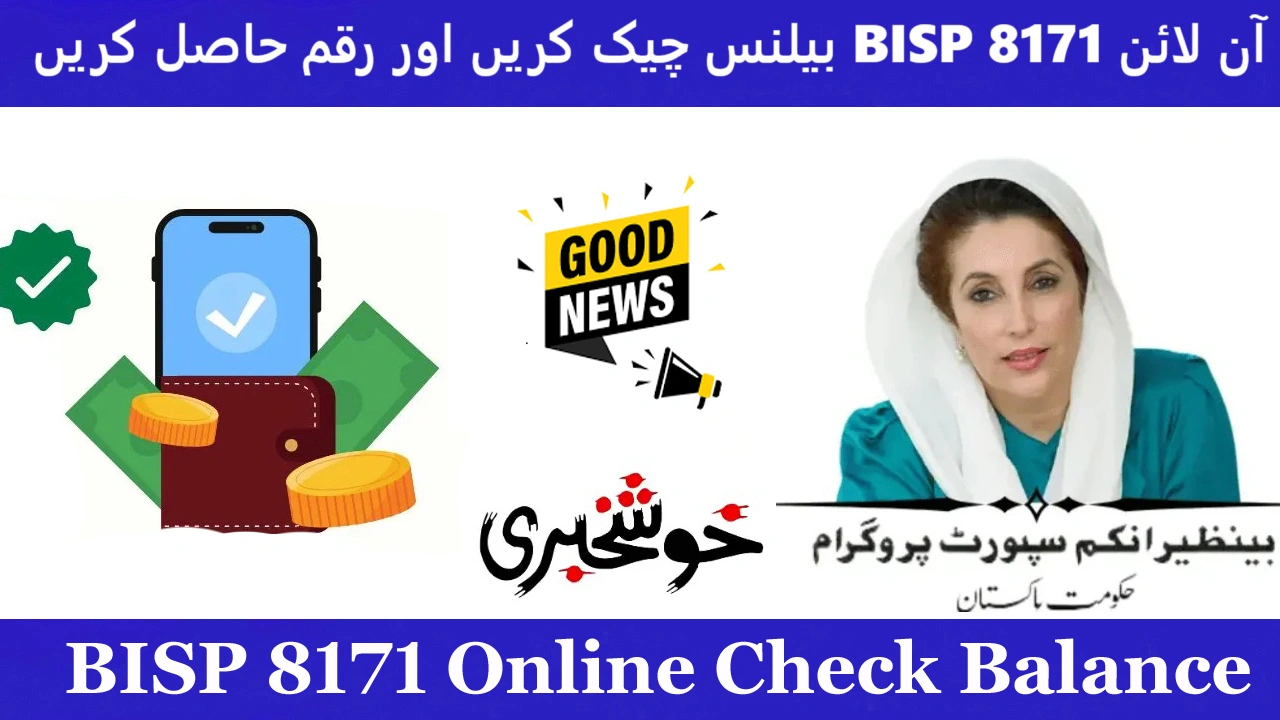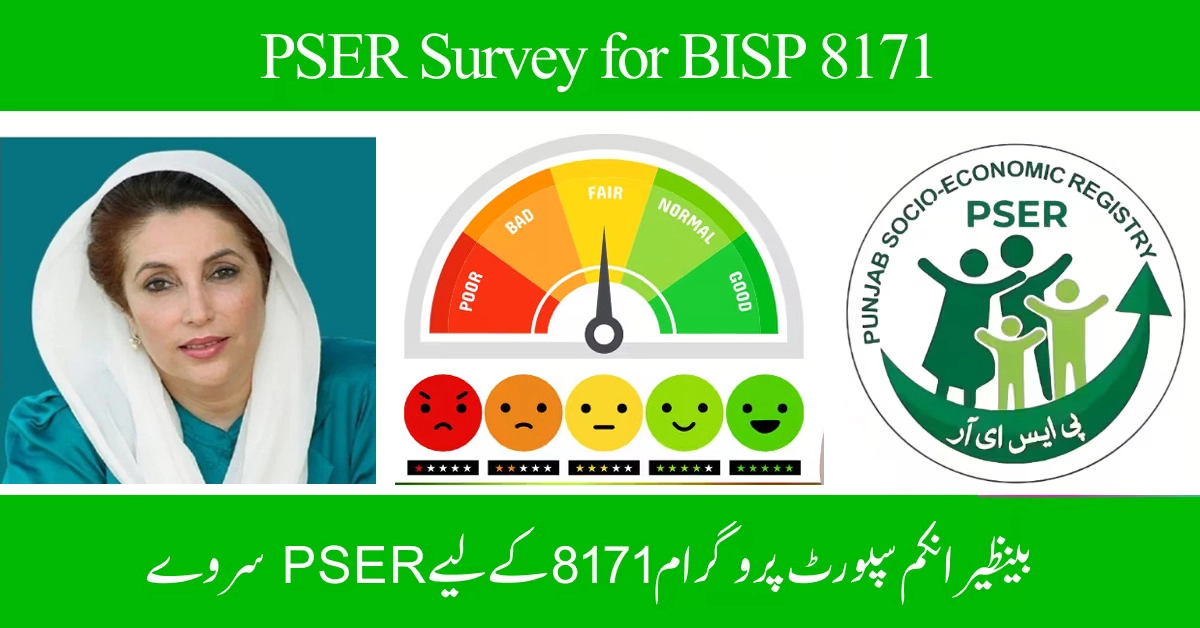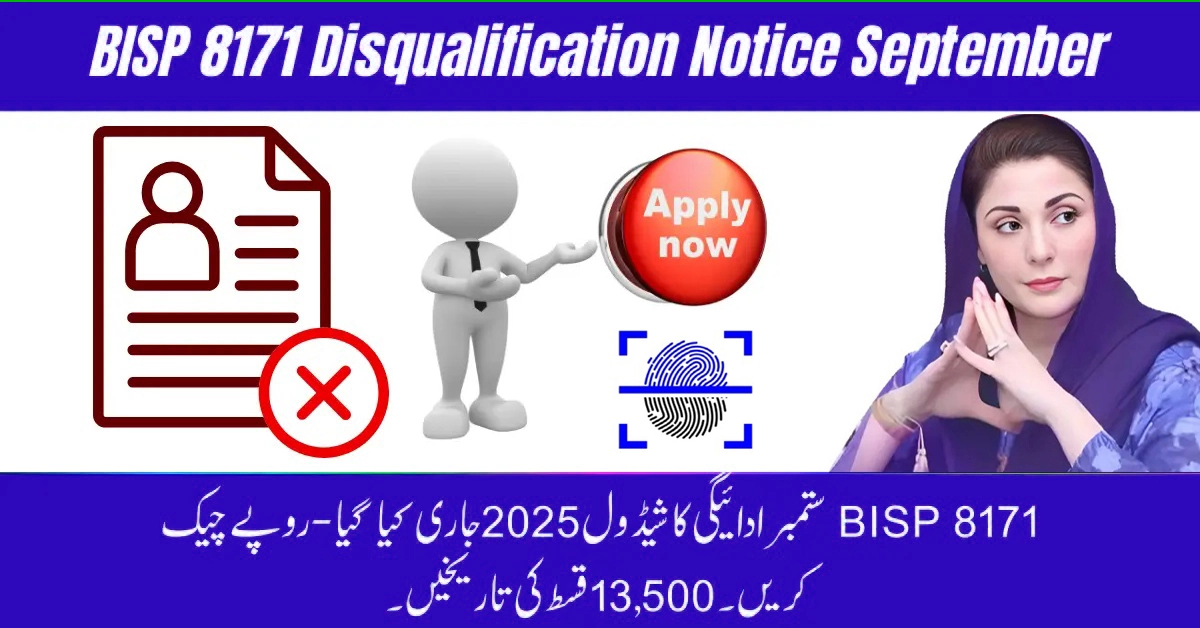The BISP in Pakistan clientelism debate sits at the intersection of social protection and politics. Established to deliver cash transfers and reduce poverty, the Benazir Income Support Programme (BISP) has delivered clear welfare gains; however, political pressures and clientelist dynamics have repeatedly shaped who benefits and how the program operates. This article examines those tensions, explains practical consequences, and outlines reforms that could strengthen both fairness and effectiveness. BISP in Pakistan
Quick outline
- Definition and objectives of BISP.
- How politics influences program design and targeting.
- The forms and consequences of BISP in Pakistan clientelism.
- Recommendations to reduce patronage and improve outcomes.
What is the BISP and its welfare role?
The Benazir Income Support Programme is Pakistan’s flagship cash transfer initiative intended to protect the poorest households, especially women, from economic shocks. Primarily, BISP provides unconditional cash grants, top-up programs during crises, and targeted support tied to enrollment and verification processes. In practice, BISP has reduced short-term poverty and increased household resilience. Nevertheless, implementation quality and targeting accuracy vary across regions and over time.
Politics and BISP: How power shapes programs
Public social programs rarely operate in a political vacuum. Political actors can influence beneficiary lists, camp and outreach arrangements, and the timing of disbursements. As a result, program credibility can rise or fall depending on perceived impartiality. In this sense, understanding BISP in Pakistan clientelism requires recognizing the incentives facing local politicians, administrators, and voters.
You Can Also Read: CM Punjab Announcement: Special Gifts for 9th Class Pass Out Students
You Can Also Read: BISP 8171 September 2025 Verification
You Can Also Read: Ehsaas Program 8171 2025:
The challenge of BISP in Pakistan clientelism (analysis)
| Dimension | Clientelist Mechanism | Effect on Program |
|---|---|---|
| Targeting | Local elites or party agents push names onto beneficiary lists | Inclusion errors; non-poor beneficiaries receive payments |
| Access & Outreach | Camps and verification prioritized in political strongholds | Uneven geographic access; exclusion of marginalized areas |
| Conditionality & Compliance | Enforcement varies by political will | Some recipients face arbitrary hurdles or easy approvals |
| Accountability | Complaints and grievance redressal influenced by patronage | Lower trust and fewer effective appeals for disadvantaged claimants |
As the table shows, BISP in Pakistan clientelism can appear through subtle bureaucratic choices or overt political pressure. For instance, when verification camps or registration drives are organized, they may be timed or located to favor supporters. Equally important, parties may use the program’s visibility to signal generosity during electoral cycles.
Consequences for beneficiaries and governance
First, clientelism undermines program efficiency: resources meant for the poorest may leak to better-connected households. Second, it erodes public trust: when citizens perceive favoritism, they are less likely to regard BISP as a neutral safety net. Third, clientelist pressures can worsen long-run governance by normalizing patronage and weakening institutions that enforce transparency. Finally, female empowerment goals — a central feature of BISP’s design — are jeopardized when local customs or political intermediaries redirect benefits.
Reform options and policy recommendations
To reduce BISP in Pakistan clientelism and strengthen impact, policy-makers can pursue a combination of administrative, technological, and civic measures:
- Stronger digital targeting and verification. Use biometric verification, bank transfers, and transparent registries to reduce manual manipulation.
- Independent audits and third-party monitoring. Regularly publish anonymized lists and audit outcomes to deter favoritism.
- Community scorecards and social accountability. Empower local civil society to track who receives benefits and why.
- Fixed, rule-based disbursement schedules. Avoid ad-hoc timing windows that can be exploited for political advantage.
- Legal safeguards and whistleblower protections. Protect staff and citizens who report misuse.
Collectively, these reforms can improve fairness while preserving BISP’s core welfare mission.
Frequently Asked Questions (FAQs)
Q1: Does clientelism mean BISP is ineffective?
A1: Not necessarily. BISP still provides meaningful transfers that reduce immediate poverty. However, clientelism reduces efficiency and fairness, limiting long-term effectiveness.
Q2: How visible is BISP in Pakistan clientelism at the local level?
A2: Visibility varies. In some districts, checks and outreach are impartial; in others, local power dynamics shape who gets prioritized.
Q3: Can digital tools eliminate clientelism?
A3: Digital tools (biometrics, e-payments) reduce opportunities for manipulation, but technology must be paired with governance reforms to be fully effective.
Q4: What immediate steps can beneficiaries take if they suspect favoritism?
A4: Beneficiaries should document their case, use official grievance channels, and, where possible, seek support from local NGOs or media to raise attention.
Q5: Would universal basic transfers remove clientelism?
A5: Universal transfers reduce targeting-related manipulation but require larger budgets and political commitment. They change the incentive structure but are not a simple cure.
Closing summary
The story of BISP in Pakistan clientelism is both encouraging and cautionary. While BISP has delivered vital relief to millions, its full potential is constrained by political pressures and local patronage networks. Yet, through smarter technology, stronger accountability, and civic engagement, Pakistan can strengthen BISP’s role as a fair, effective social safety net that resists clientelist capture and protects the country’s most vulnerable.
